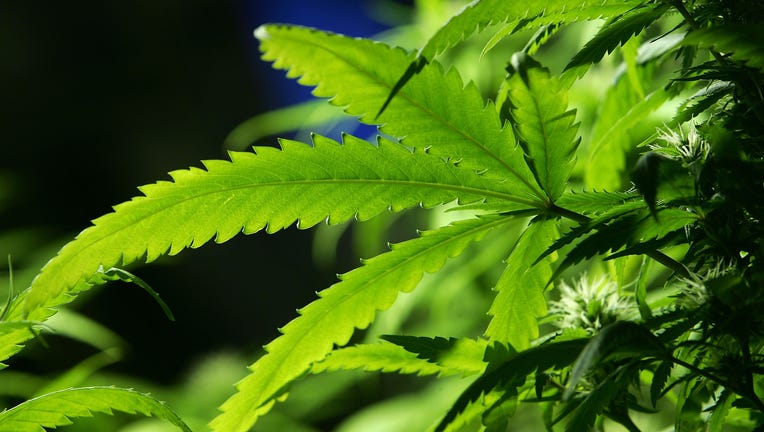University of Minnesota develops test to help cannabis farmers predict THC levels

A cannabis plant. (Photo by Christopher Furlong/Getty Images)
MINNEAPOLIS (FOX 9) - The University of Minnesota has validated a genetic test that it hopes will help Cannabis farmers meet legal THC standards and help growers avoid having to destroy noncompliant crops.
The University of Minnesota’s College of Biological Sciences helped develop the genetic test that “can predict whether a plant will produce mostly the CBD or THC molecule, using a variety of Cannabis sativa plants,” said George Weiblen, the science director and curator of plants at the Bell Musuem.
The research, led by the Weiblen Lab, was published in the American Journal of Botany.
In a release, the University said the test can help farmers avoid uncertainty in the industry caused by extreme weather, pest outbreaks and early frosts along with THC standards.
While hemp growers monitor THC levels during the season, peak levels can catch them off guard. If the crop exceeds federal levels of THC, the growers have to destroy the crop, making industrial hemp growth risky without tests like the one developed by the U of M.
The test hopes to help growers understand the genetic basis for CBD-type and THC-type plants from industrial farming operations.
“We hope this new test can assist in new seed certification for the hemp industry,” said Weiblen. “For hemp to take off in Minnesota and elsewhere, there must be ways to assure growers they won’t have to destroy their crops at the end of the season.”

